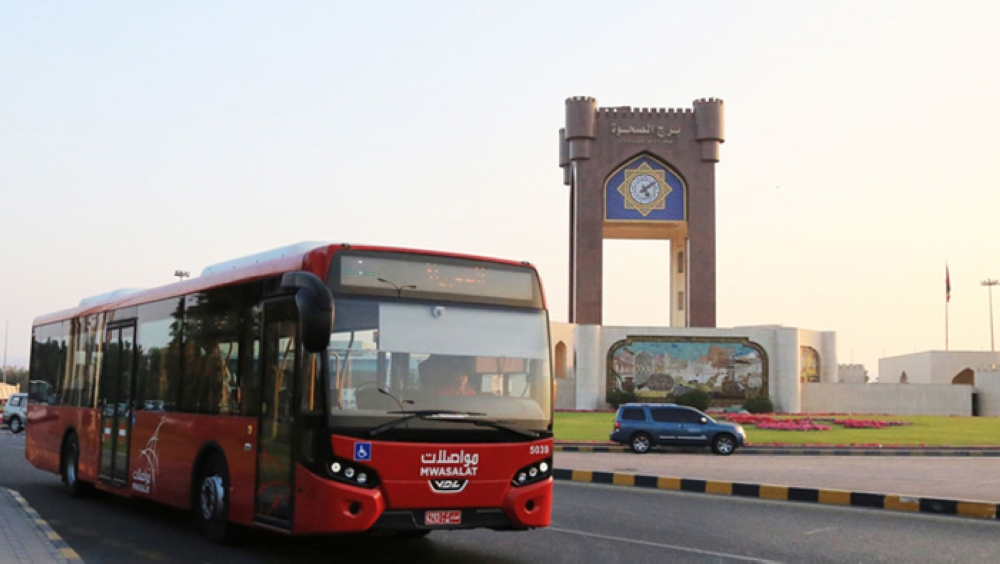
Muscat: Mwasalat is planning to introduce the world’s first fully solar powered air conditioned bus station, according to the company’s CEO, Ahmad bin Ali Al Bulushi.
The country’s national transport organisation has currently signed agreements to build and operate 100 per cent solar-powered A/C bus stations and stops, as confirmed by Al Bulushi.
“We are going to introduce the first 100 per cent solar bus station,” he told Times of Oman.
“It’s 100 per cent solar so we will be the first in the Middle East, if not in the world.” We did research which showed that there is nothing in the world that can be called an air-conditioned bus stop that is 100 per cent solar. So (this) will be the first.”
The solar powered bus stop will be opened in the Muscat Governorate. Additionally, the transport company will be bringing new technology to Oman by the middle of 2019.
Al Bulushi added, “We will have the first Intelligent Transport System (ITS) full solution available from mid-2019.”
“This system will consist of a passenger information system, vehicle information system, application for passengers, e-ticketing, packages monthly or weekly, tracking or monitoring a bus or coach,” he added. “So everything related to technology; we will go far beyond what people are doing now.”
He was speaking on the sidelines of the International Road Transport Union (IRU) World Congress, currently being held in the Sultanate, which is hosting over 1,000 representatives from across the world as they discuss the changing trends in transport, logistics and trade, a key feature in the country’s non-oil future.
At the summit, a special session organised in partnership with Mwasalat brought together leading international figures to examine major challenges facing passenger transport operators today and discuss solutions for tomorrow. “We have initiated a number of innovations such as smart ticketing, passenger information systems, and automated vehicle management systems,” said Al Bulushi.
“All these initiatives will help improve transport systems and mobility, reduce traffic associated problems, enhance the economy and, finally, help continue the economic and social development of the Sultanate.”
This year’s Congress explores the role of technological advancements in optimising operations management, driving continuous improvement and facilitating global trade.
“The faster we adopt disruptive technologies, the better chance we have to stay competitive and serve our customers better,” said Nabil Salim Al Bimani, Group Chief of Ports & Free Zones and member of the organising committee. “Technology-driven innovation will be the key to meeting the challenges of tomorrow.”
A big player in the future could well be alternatives to fossil fuels.
“Benny Smets, CEO of the Belgian transport company Ninatrans, said, “Alternative fuels are the future of road transport, but only if they are easy to access. We have to leave aside the chicken and egg dilemma. Sustainable transport can be achieved if the whole logistics chain participates. Operators want to invest in vehicles on alternative fuel only if the total cost of ownership is known and economically feasible.”
Organised by IRU and co-hosted by ASYAD in collaboration with the Ministry of Transport and Communications, participants from over 75 countries have gathered to help shape the future of the industry over the next two days, driving debate on trade and innovation, in the region and beyond. Themed “Innovation on the Move”, this year’s Congress explores the role of technological advancements in optimising operations management, driving continuous improvement and facilitating global trade.